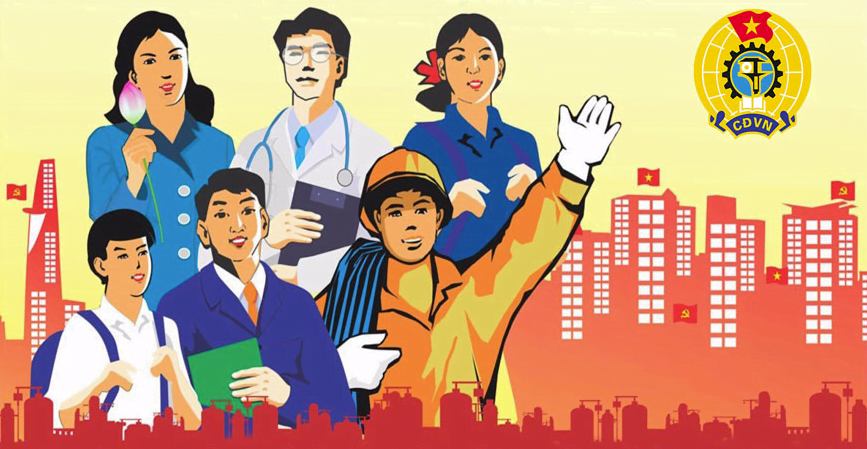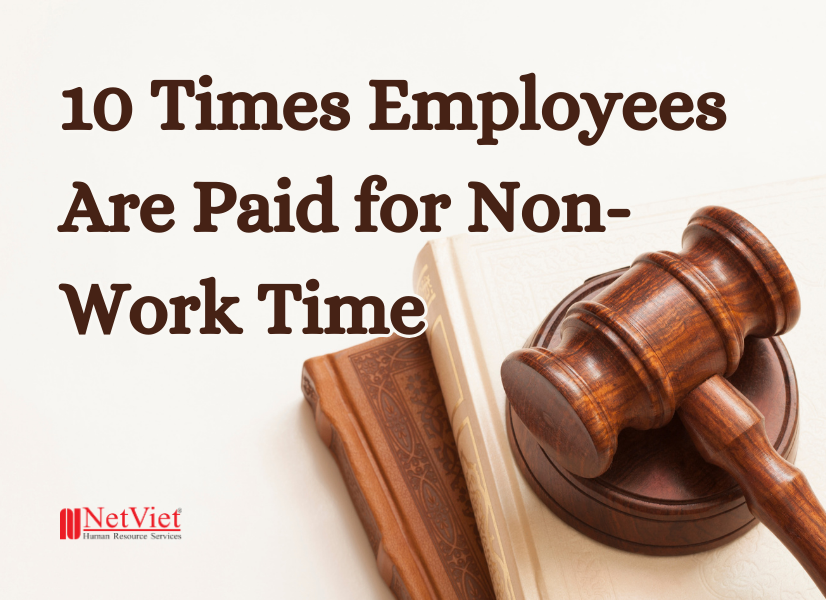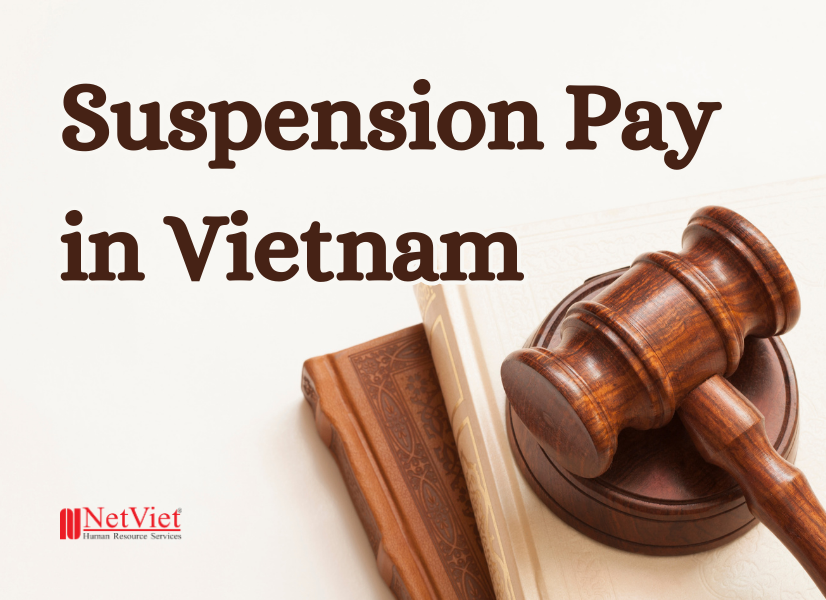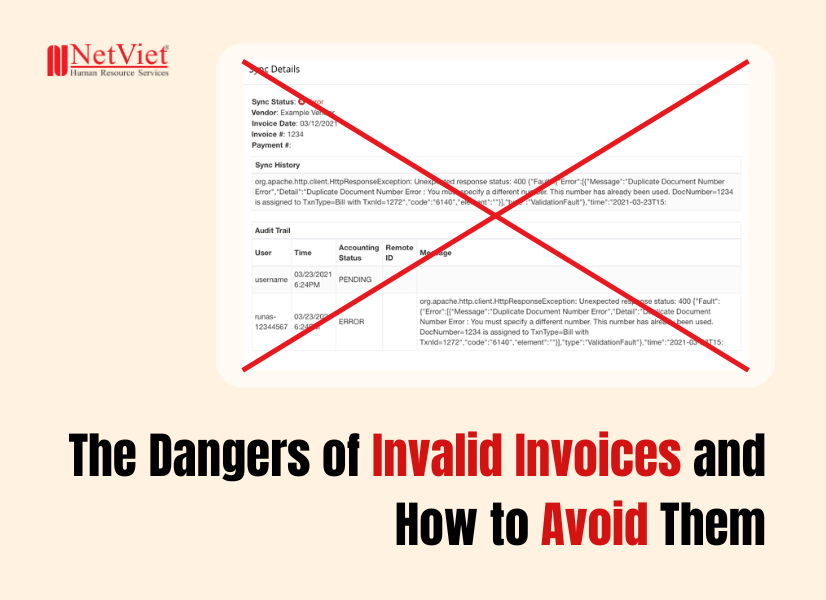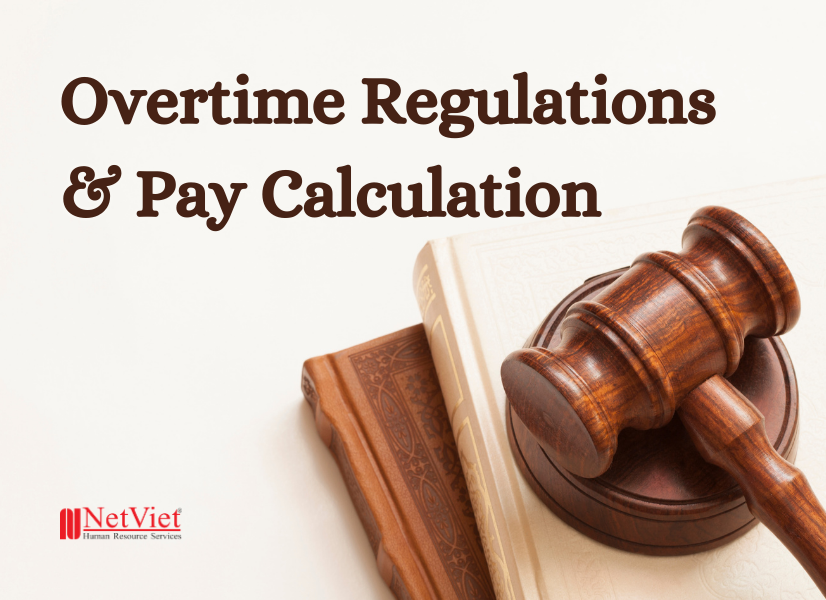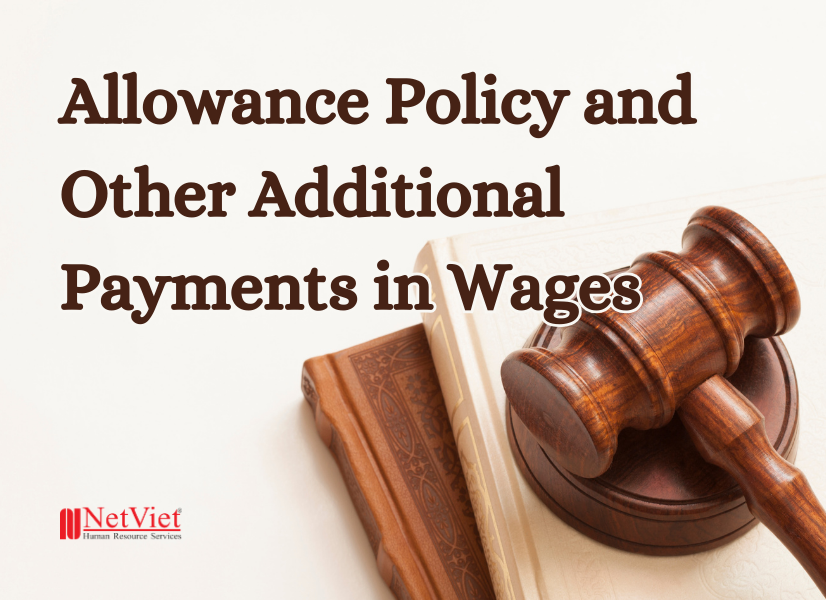Table of Contents
ToggleWhat are Trade Unions?
In Vietnam, trade unions are socio-political organizations representing the working class. Established on a voluntary basis, they operate within the country’s political system under the leadership of the Communist Party of Vietnam. Their primary function is to protect the legitimate rights and interests of workers, while also contributing to state management and socio-economic development.
Structure and Membership
Vietnam’s trade union system is hierarchical. The Vietnam General Confederation of Labor stands at the top, followed by various trade unions at different levels. Primary trade unions are formed within individual organizations that employ workers, including state agencies, businesses (both local and foreign), and other entities. Any Vietnamese worker within these organizations has the right to join a trade union.
Key Principles
- Voluntary Basis: Workers are not obligated to become union members.
- Democratic Centralism: Trade unions balance democratic input from members with centralized leadership.
- Alignment: Trade unions operate within the framework outlined by Vietnamese law and the Charter of Vietnamese Trade Unions, aligning with the guidance of the Communist Party.
Rights and Responsibilities of Trade Unions
Rights:
- Representation: Trade unions advocate for workers’ interests in negotiations with employers and disputes.
- Legal Support: Unions offer legal advice and aid to workers.
- Participation: Unions contribute to policy development, labor law inspections, and social dialogue.
- Strikes: Trade unions can organize strikes under specific legal conditions.
Responsibilities:
- Worker Development: Unions promote education, skill development, and legal compliance among workers.
- Harmonious Labor Relations: Unions play a role in fostering positive and productive relationships between employers and workers.
Finances: How Trade Unions are Funded
- Trade Union Funds: Employers contribute 2% of their total payroll towards trade union funds. This money is split between different union levels.
- Membership Fees: Union members pay 1% of their salary used for social insurance calculations, with a monthly cap. These fees are also distributed amongst various trade union levels.
Important Note: Employees who are not union members do not pay membership fees.
Penalties for Non-Compliance
Both employers and employees can face penalties for violating trade union regulations. Employers may be fined for failing to contribute funds or deduct membership fees. Employees who consistently avoid paying membership fees might face disciplinary action.
Additional Points to Consider
- Businesses Without Unions: Even organizations without a primary trade union must contribute to trade union funds.
- Benefits of Membership: Joining a union can provide workers access to representation, legal aid, educational opportunities, and other support services.
Understanding trade unions is crucial for anyone involved in Vietnam’s workforce. By adhering to regulations, both employers and employees contribute to a healthy, productive labor environment while protecting workers’ rights.
Disclaimer: This blog post provides general information on Vietnamese trade unions and is not intended as legal advice. Labor laws and regulations are subject to change. For accurate and up-to-date guidance, please consult a qualified Vietnamese labor lawyer or a representative from the Vietnam General Confederation of Labor. The author and publisher are not liable for actions taken based on this information.
- Phone: +84 28 6261 7310
- Email: info@netviet.com.vn
- Website: www.netviet.com.vn
- Facebook | LinkedIn | Twitter

